Dr. Ehrlich’s Magic Bullet (1940)
“It is the task of science to discover the truth. There is no shame attached to the recognition of error.”
|
Synopsis: |
|
Genres, Themes, Actors, and Directors:
Review:
Wow. He did all this, and apparently fought many uphill battles to do so. Of course, any dramatization of a person’s life will necessarily be that — a strategically crafted dramatization — but it seems there’s enough of the “truth” incorporated here that one can watch with reasonable assurance that we’re learning about a critically important figure in medical history. Robinson’s performance is indeed top-notch; he ages 35 years throughout the film, and does so seamlessly (kudos to the make-up department as well). Ruth Gordon, sadly, is given much less to do in her gratuitous role as the “supportive wife behind the scenes”, who gets to make statements like: “There must be something we can do. There must be!” Cinematographer James Wong Howe films the entire affair with atmosphere, and the screenplay — co-written by John Huston — effectively humanizes the illnesses Ehrlich and his colleagues worked so diligently to cure. It’s refreshing to see (uncredited) Wilfred Hari as Ehrlich’s research partner, Nobel Prize-nominated bacteriologist Dr. Sahachiro Hata, though he’s given an unfortunate line about how Dr. Ehrlich is the one doing “all the thinking” (!). So it goes when one attempts to immortalize a single man. Trivia: According to TCM’s review, director William Dieterle’s “talent let him get away with some bizarre habits, such as never starting a film unless his astrologer cleared it, and always wearing white gloves on the set.” Redeeming Qualities and Moments:
Must See? Categories
Links: |
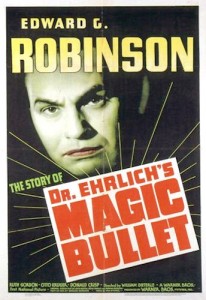
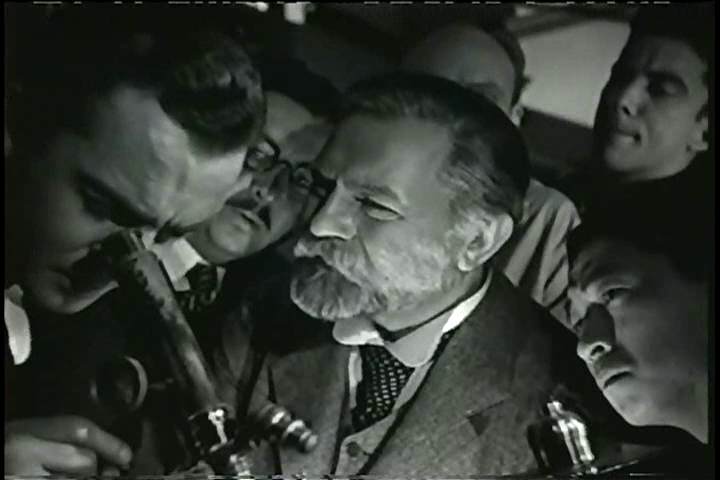
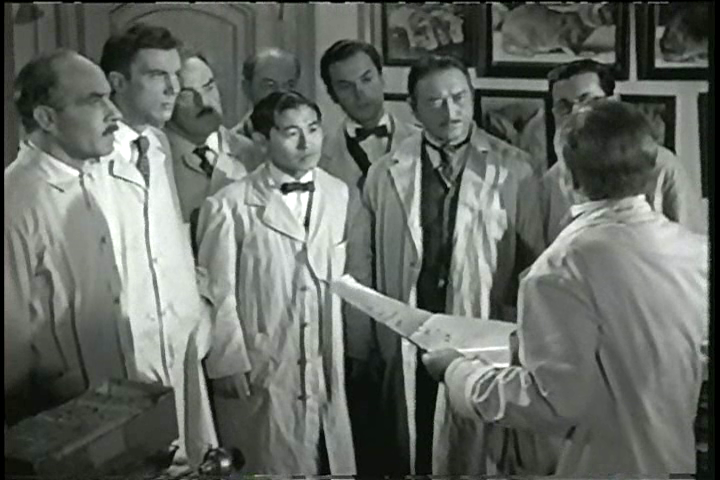
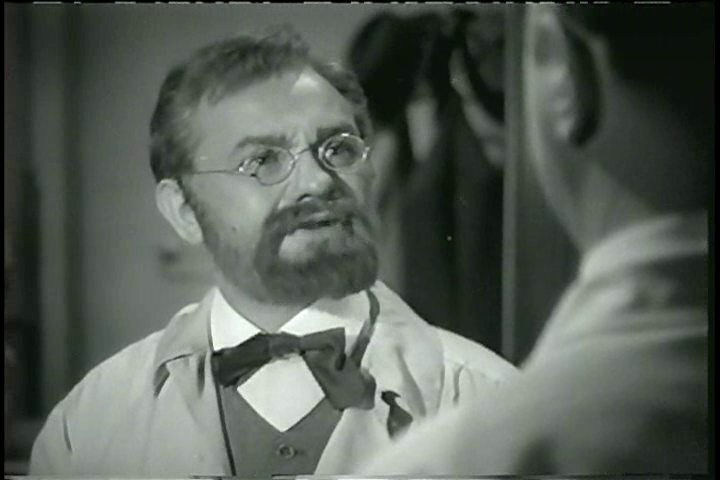

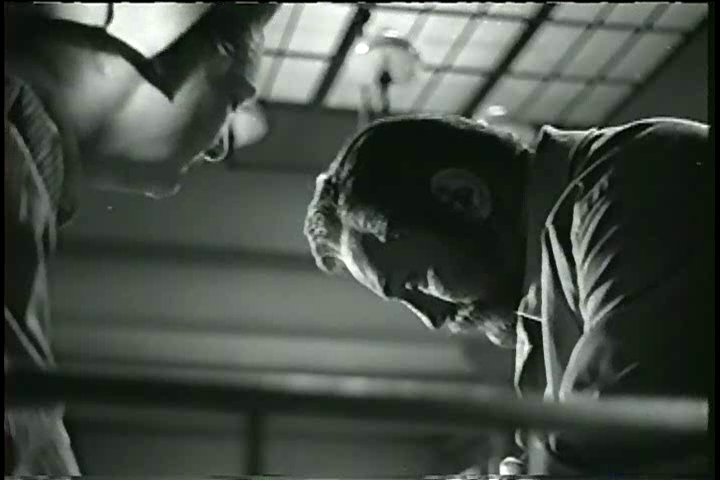
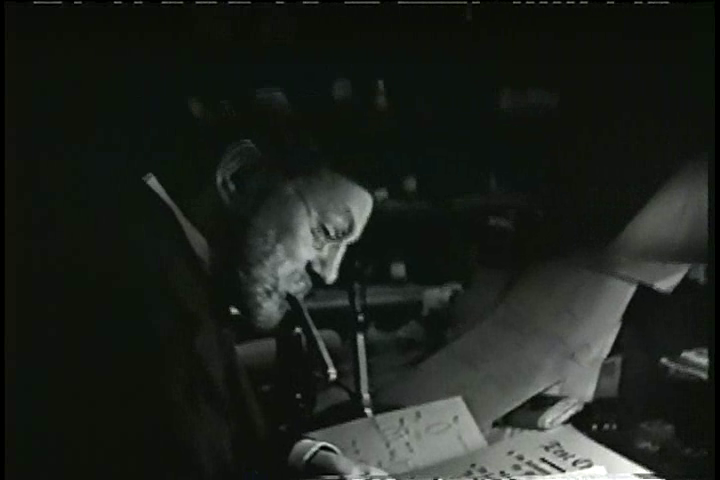
One thought on “Dr. Ehrlich’s Magic Bullet (1940)”
A once-must, for its place in cinema (and medical) history, and for Robinson’s admirable performance.
The assessment given here is thorough enough that not much needs to be added. This is an intriguing and engrossing film; a rare look into medical science which does come across as believable (and refreshingly so). I especially like the various sequences in which the viewer is taken inside the lens of the microscope to see microbe behavior.
As an actor, Robinson must have jumped at the chance to stretch himself here – and get away from his usual type-casting as a thug of some sort. He pulls off his role with immense yet low-key dignity.
True, Gordon isn’t given much to do as his wife – still, she’s a soothing presence here and it’s nice seeing her in one of her rare early roles. This is more or less Robinson’s film all the way and it’s better for the film and his character that he is given focus.
The film has a number of particularly gripping scenes (there’s nothing like disease for drama) – but a favorite moment comes when Ehrlich is invited to dinner at the home of a benefactor played by Maria Ouspenskaya. She asks what he is working on at the moment and, with no hesitation at all, Ehrlich replies, “Syphilis.” The music jolts us just as each person at the large dinner table is jolted and shocked that anyone would mention that word so matter-of-factly in so public a manner. It’s a stunning moment: seeing a group of people who would prefer that something so ‘nasty’ not be mentioned at all…even in the context of finding a cure.